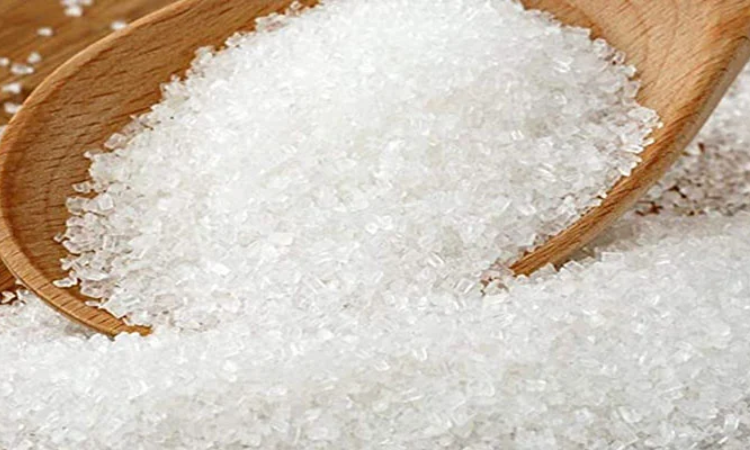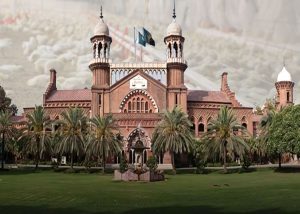
Karachi: Making economic policy involves trade-offs, and each choice has pros and cons. Broader cultural financial boost economists refer to as economic surplus—should be the objective. One example is the upcoming decision to permit sugar exports.
It goes without saying that, even if nothing else changes, the market price of sugar could increase by at least the very same percentage assuming a 30% increase in the predefined threshold price of sugarcane. The unsold sugar stockpile has added another level of complexity and is actually holding this year’s sugarcane processing.
Even when the government does not immediately permit the export of this remaining stock, the increase in the sugarcane product prices indicates that a price increase will occur at the start of 2023. The country will experience another triple setback if it chooses to delay the export of sugar any further.
Consequently, sugar prices would rise regardless of the situation. Furthermore, the potential of getting profits from export will be eliminated due to declining revenues on the global market. Three, sugar mills will hold off repaying sugarcane farmers, contributing to a money problem for farmers and a huge delay to the wheat-sowing period.
The most recent article from PRIME Institute, “Revamping State Market-Nexus in Pakistan’s Sugar Sector: Evaluation, Suggestions and Vision,” highlights a number of issues that exist in the sector and proposes policy solutions to address the crisis. The government has an overly massive presence in Pakistan’s sugar industry, and the intrusive rules have distorted the compensation plan. The government seems to have a direct or indirect influence on every stage of the supply chain, from the cost of sugarcane to the selling value of sugar, from the development of mills to the commodity exchange.
Three government regulations which have significantly increased inefficiencies are presented in this article. The Minimum Support Price comes foremost (MSP). The objective of establishing MSP was to protect farmers and motivate them to grow more sugarcane. MSP does not, however, make any distinction between such a progressive farmer and a conventional farmer. The ineffective farmers lack motivation to enhance the quality of their crops or their farming techniques.
In contrast, productive farmers that make greater agricultural investments through the use of higher-quality seeds, fertilizers, and contemporary methods also see the same outcomes. The crop’s poor results is shown by the fact that sucrose recovery grew from 9.3% in 2011 to 9.8% in 2021, whereas it amounts to only approximately 11.5% and 13% in India and China, respectively.
The second is the trade sanctions on sugar, which frequently generate shortages and price changes due to a higher increase in consumption than in production. The sector as a whole is suffering from the existing export restrictions. Furthermore, the prohibition on the import of refined sugar, particularly at a time when sugarcane production is low and demand in the nation is strong, may result in considerable price increases.
The government’s administrative measures put in place to maintain price stability come in third. The goal of price regulations is to give consumers relief; the issue is that family use of sugar is only 20% of industry usage, which is 80%. As a result, the government is helping the sector, not safeguarding the public.
As a supervisor, the Competition Commission of Pakistan (CCP) has frequently advised the government to eliminate price controls and let the market set prices. Price controls cause market forces such as supply and demand to be distorted, which makes it more likely that businesses would resist government regulations. As a consequence, sugar is not sold at the set price by the government, as evidenced by the fact that its price ranges from Rs90 per kg to Rs120 per kg.
A comprehensive approach from the government is needed to address structural issues in the sugar sector. Deregulating the industry and lessening the government’s influence in it is the first and most crucial step. The sector’s operation will be based on the supply and demand of the commodity, which will better prepare players to consider market dynamics when making business decisions. Additionally, the practice of using administrative restrictions should be abandoned, and the price of sugar should be left up to the forces of supply and demand.
The authorities should implement the chance of permitting the retail price to increase in order to boost the sugar value chain as political stability improves. If there’s nothing there, it will be planting the seeds of a bigger crisis, which will surely result in price increases while endangering food security and industrial investments.





